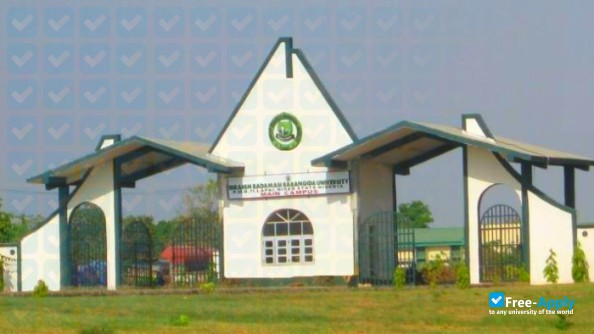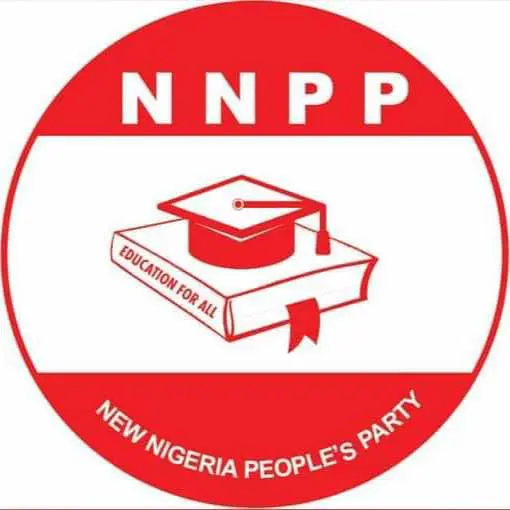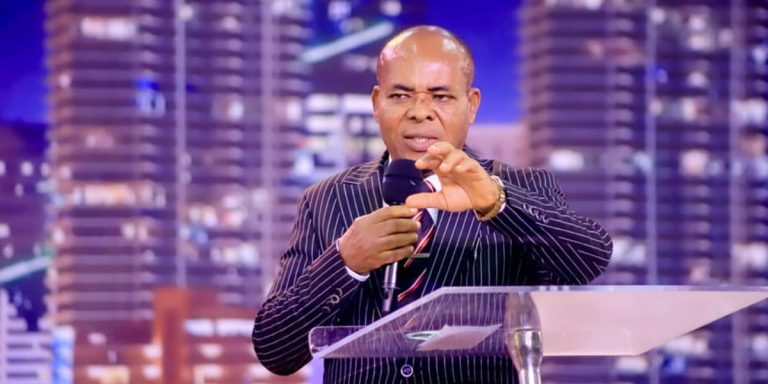By Ibrahim Musa, Public Commentator
The political landscape in Kano has always been characterized by its radical and non-aligned nature, with a strong inclination towards the emancipation of the masses. Throughout its history, Kano has exhibited an unwavering commitment to its leftist ideology, even when aligning with the central government. This independence of thought and action has often been evidenced by the rejection of political figures who do not resonate with the aspirations of the talakawa (common people), irrespective of ethnic or cultural affiliations.
It is essential to understand that in Kano, power lies with the masses, not the elite. The rejection of political candidates and subsequent elevation of others, such as the case of Kwankwaso, exemplifies the dynamics of political influence in this region. Therefore, any attempt to impose an unpopular candidate on the people of Kano is akin to a precarious attempt to control a volatile situation, with potentially detrimental consequences.
Reflecting on the 2023 elections, it becomes evident that the combined votes of opposition candidates from both the North and South surpassed those of aspirants from other parties. This indicates the significance of strategic alliances and the potency of a unified front in electoral success. These historical precedents hold serious implications for the upcoming 2027 elections, particularly in relation to the administration of Bola Tinubu, whose policies might still be undergoing the process of societal absorption and acceptance.
To ensure a successful bid in 2027, it is imperative for Tinubu to adopt a strategy that fosters alliances and prevents the consolidation of opposing forces. In this regard, maintaining an amicable relationship with Kano’s NNPP and its influential leader, Rabiu Kwankwaso, is paramount to mitigating potential threats to Tinubu’s prospects.
However, the aggressive attempt to undermine NNPP in Kano, through controversial legal decisions, risks jeopardizing this crucial alliance and eliciting a backlash that could undermine Tinubu’s political ambitions. The consequences of disregarding established agreements and attempting to impose an unpopular candidate are fraught with perils and could ultimately backfire.
The adage “you can lose a battle to win a war” is particularly pertinent in this context, as the value of cultivating a friendly opposition in Kano far outweighs the repercussions of antagonizing the electorate and risking popular mandates. The repercussions of Tinubu’s actions in Kano may extend beyond the local sphere and have a ripple effect that resonates with the broader Nigerian populace.
In light of historical sentiments and affiliations, it is crucial to acknowledge the significance of the North’s solidarity and its proclivity to rally around charismatic leaders. The looming specter of exclusion of certain demographic groups further amplifies the need for astute political maneuvering and inclusive policies that resonate with diverse segments of the Nigerian population.
As the epicenter of Northern politics, Kano holds a pivotal position in shaping the outcomes of political endeavors at a national level. Therefore, any misstep in Kano could have far-reaching implications for the broader political landscape.
In conclusion, it is imperative for the strategists within Tinubu’s camp to reevaluate their approach and recalibrate their political tactics to align with the intricate dynamics of the Nigerian political terrain, particularly within the context of Kano’s significance.
Ibrahim Musa writes from Rijiyar Zaki, Kano State. He can be reached at: muazamusa@yahoo.com



